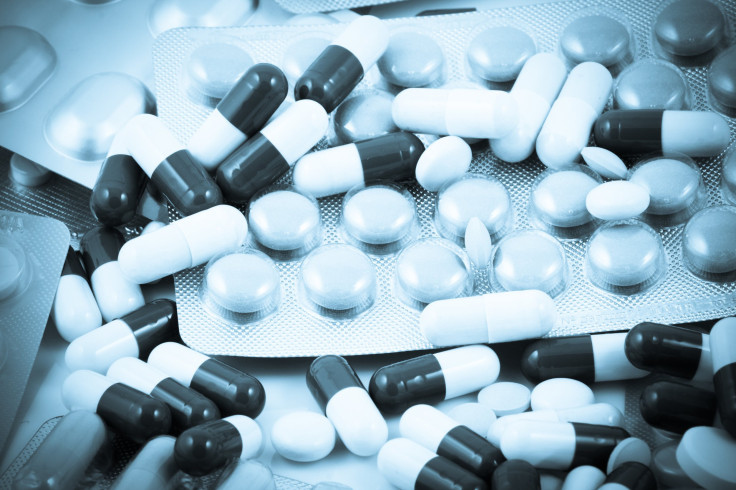Global Cancer Drug Spending Hits $100B In 2014: IMS Health

(Reuters) - Worldwide spending on cancer medicines reached $100 billion in 2014, an increase of 10.3 percent from 2013 and up from $75 billion five years earlier, according to IMS Health's Global Oncology Trend Report released on Tuesday.
The $100 billion, which represents 10.8 percent of all drug spending globally and includes supportive care drugs to address things like nausea and anemia, was driven by expensive newer treatments in developed markets, IMS found.
That is seen rising to $117 billion to $147 billion in 2018, IMS forecast, a compound annual growth rate of 6-8 percent.
Waves of similar drugs, such as those that spur the immune system to fight cancer being developed by Bristol-Myers Squibb, Merck, Roche, AstraZeneca and others, will create competition that could help moderate costs.
"We're in for a period of intense competition among alternative treatments, which is a different dynamic than we've seen in the past where the progress has been a little slower and individual drugs had a little more time," said Murray Aitken, executive director of IMS Institute for Healthcare Informatics, which compiled the report.
The United States accounted for 42.2 percent of total spending, followed by the top-five European markets, comprised of Germany, France, Britain, Spain and Italy.
In the big-five European markets, oncology spending rose to 14.7 percent of total drug spending, up from 13.3 percent in 2010, while U.S. oncology spending increased to 11.3 percent of the total from 10.7 percent over the same period.
Medicines that target a specific protein or genetic mutation, as opposed to chemotherapies, now account for almost half of total U.S. cancer drug spending, IMS, which tracks prescription drug data for the industry, found.
Forty-five new cancer drugs were launched between 2010 and 2014. But patients in no country had access in 2014 to all 37 launched between 2009 and 2013. The broadest access was seen in the United States, Germany and Britain, while fewer than half the new drugs were available in South Korea, Spain or Japan, the report said.
Five-year survival rates for many cancers are rising, the report found, with new immunotherapies, such as Merck's Keytruda and Bristol's Opdivo, holding the promise of improved survival with fewer side effects.
"$100 billion is a significant proportion of total spending on medicines and total healthcare costs, but it's part of the healthcare system that's producing great results and bringing great benefit to patients," Aitken said.
(Reporting by Bill Berkrot; Editing by Diane Craft)



























